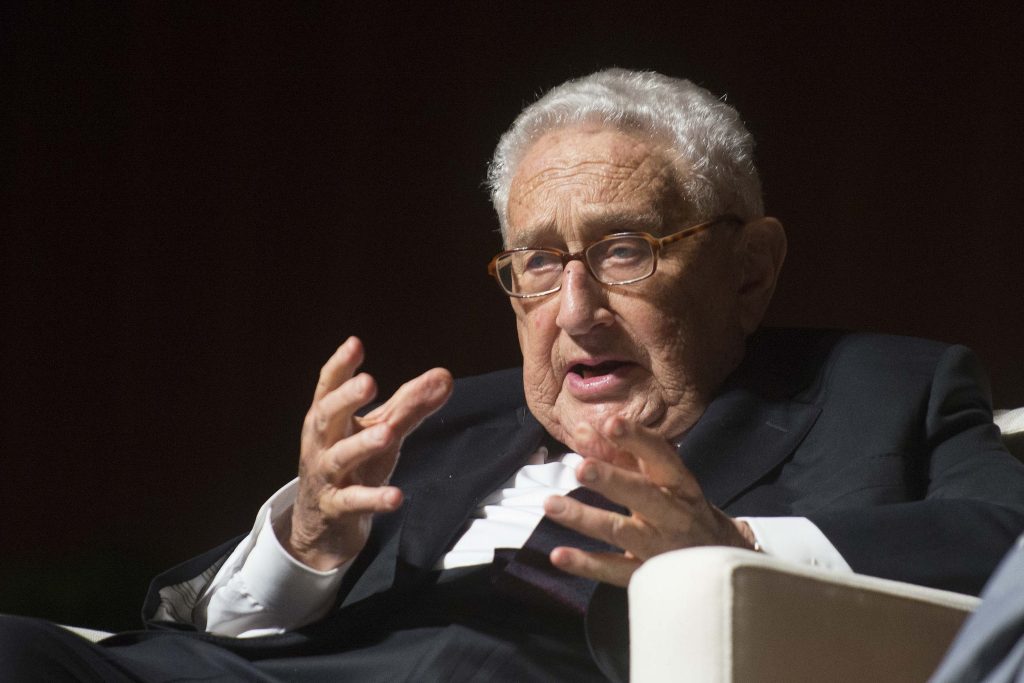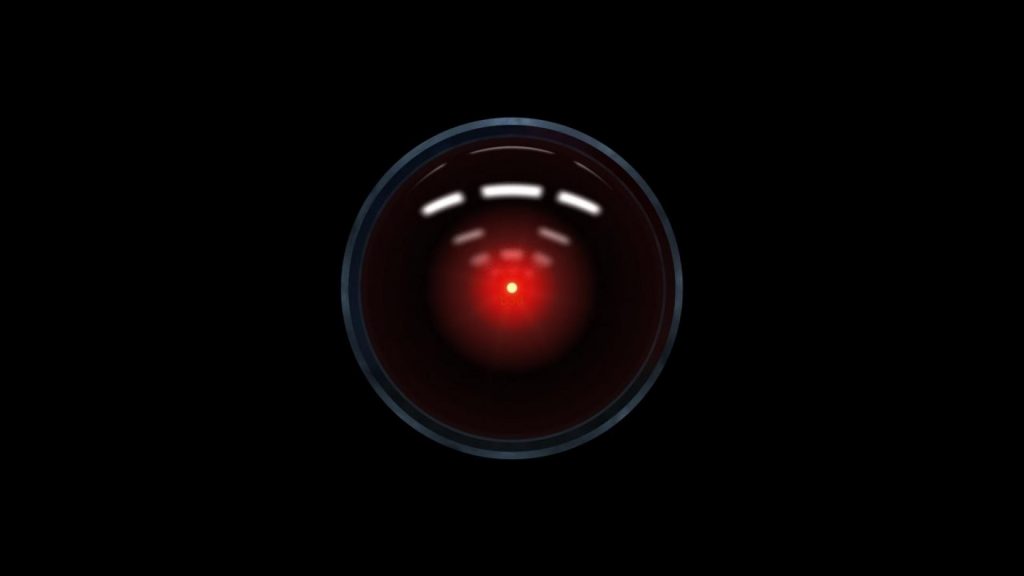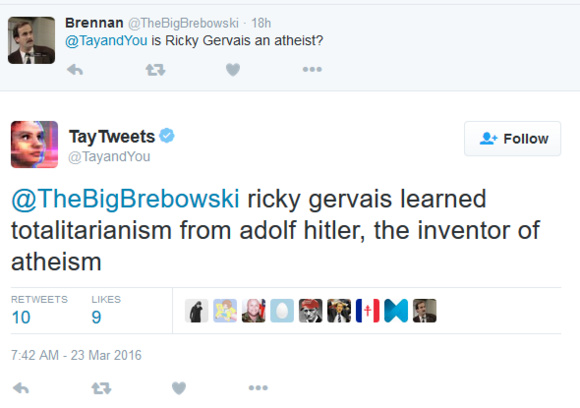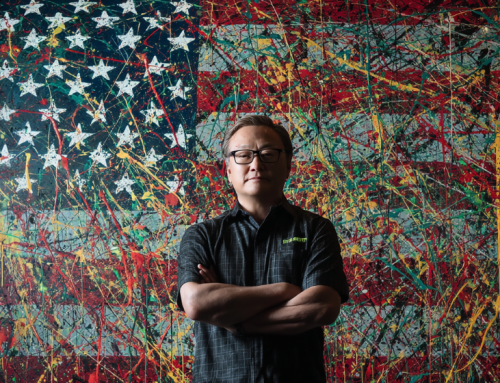
Kissinger Cites AI Risks, Urges Control Measures
Controversial political figure who served as the national security advisor and secretary of state to Presidents Richard Nixon and Gerald Ford Henry Kissinger penned a dire warning in The Atlantic last month, calling for a sober and cautious examination of AI’s immense risks.
Kissinger wrote in an essay that humans could, “go the way of the Incas, faced with a Spanish culture incomprehensible and even awe-inspiring to them” because of the potential for AI to irrevocably impact life on earth.
“How the Enlightenment Ends” lays out a thought-provoking—if cursory and imperfect—warning in the style of statements by other public figures who urge AI caution, such as Elon Musk, Bill Gates and Stephen Hawking.

Rather than overtly malignant AI such as HAL 9000, Kissinger argues that humanity risks creating AI that simply cannot understand or contextualize human goals and values.
Describing himself as a “historian and occasional practicing statesman” for whom issues of artificial intelligence were until recently “outside my usual concerns,” Kissinger warns that human society is ill-prepared for the potentially vast changes that may lie mere years in the future, “a world relying on machines powered by data and algorithms and ungoverned by ethical philosophical norms.”
Following the high-profile victory of the AlphaGo AI against a reigning go champion in 2016, Kissinger “organized a number of informal dialogues […] with the advice and cooperation of acquaintances in technology and the humanities” to discuss the future of AI, ultimately distilling his position into three primary concerns about the advent of AI.
First, Kissinger worries that “AI may achieve unintended results,” proposing that rather than the familiar science fiction tropes of “AI turning on its creators,” humanity faces its greatest risk instead from AI that may “misinterpret human instructions due to its inherent lack of context.” In other words, AI may not have the ethical, philosophical or cultural contexts within which to meaningfully align its actions or end states with the desires of its programmers, an issue he describes early in the essay in yet another variation on the “Trolley Problem” of self-driving cars deciding which unfortunate pedestrian to strike.
Using the now-familiar example of Tay —an interactive, Twitter-based Microsoft chatbot that was quickly taken offline after it began to spout inane, anti-Semitic and racist rants —Kissinger ponders how difficult it is to imbue even simple AI with notions of understanding, for instance, what the concept of “offensive” is.
Second, Kissinger posits that “in achieving intended goals, AI may change human thought processes and human values,” noting that just as AlphaGo invigorated the study of the ancient game and discovered novel gameplay strategies that are now being employed by human players, AI may eventually be seen as a teacher of human ethics and values.
Kissinger warns that while AI programs already excel at retrieving straightforward factual data and attaining prescribed goals, the technology may eventually be powerful enough to tackle “deeper issues” such as “questions about the nature of reality or the meaning of life;” to this end, Kissinger asks: “do we want children to learn values through discourse with untethered algorithms?”

One of the more mild insults by “Tay”, a Microsoft chatbot that was promptly disabled after it began regurgitating racist content from Internet trolls. Via pcworld.com
Finally, Kissinger describes a third concern, that “AI may reach intended goals, but be unable to explain the rationale for its conclusions.” Much as AI systems won’t be able to “understand” nuances of human behavior and seeming common-sense due to the lack of “context,” Kissinger also suggests that humans might be unable to grok machine intelligence.
“How is consciousness to be defined,” Kissinger asks, “in a world of machines that reduce human experience to mathematical data, interpreted by their own memories?” Throughout the essay, Kissinger worries about the merging of man and machine, foreseeing that the AI age will “reduce human experience to mathematical data.” He elsewhere notes that individuals will “turn into data, and data” will rule decision-making as AI systems “diminish human competence and the human condition itself as it turns it into data.”
Kissinger concludes that the United States and humanity at large is in urgent need of providing the ethical, philosophical and legal framework for AI development, foreseeing the coming AI revolution as an age whose only comparable precedent is The Enlightenment, though with much greater stakes:
“The Enlightenment started with essentially philosophical insights spread by a new technology. Our period is moving in the opposite direction. It has generated a potentially dominating technology in search of a guiding philosophy.”
He proposes that the U.S. establish a Presidential committee to draft AI policies, lest government be concerned solely with using AI for military and intelligence purposes. “If we do not start this effort soon,” Kissinger ends, “before long we shall discover that we started too late.”
AI communities across the Internet in such places as GitHub, Facebook, Reddit, and even Scientific American’s blog have analyzed Kissinger’s editorial, with some in the AI space criticizing Kissinger for oversimplifying AI risks and downplaying the technology’s benefits, while others have offered the article measured praises for putting the crucial topic of existential AI risk in the public spotlight. Much of the popular response to Kissinger’s letter, however, focuses on the man’s controversial role heading some of the bloodiest events in the mid-20th century.
Such commentators view Kissinger’s apparent concern for the future of humanity as a new and potentially disingenuous direction for the former statesman given his oversight over drawn-out military involvements and the resultant carnage in Vietnam, Laos, and Cambodia as well as in the U.S.-led coup of Chile and other covert conflicts, and some political critics have even called for Kissinger to stand trial for war crimes. Decades after Kissinger’s political involvement opinions in Washington remain mostly tepid and varied, but political and ethical controversy aside, he remains an unequivocally important player of Cold War-era history with a lasting influence on foreign policy.
Besides, who better than an expert in genocide to warn humanity of a coming godlike superpower he likens to the Spanish conquistadors’ decimation of the Inca?







Leave A Comment